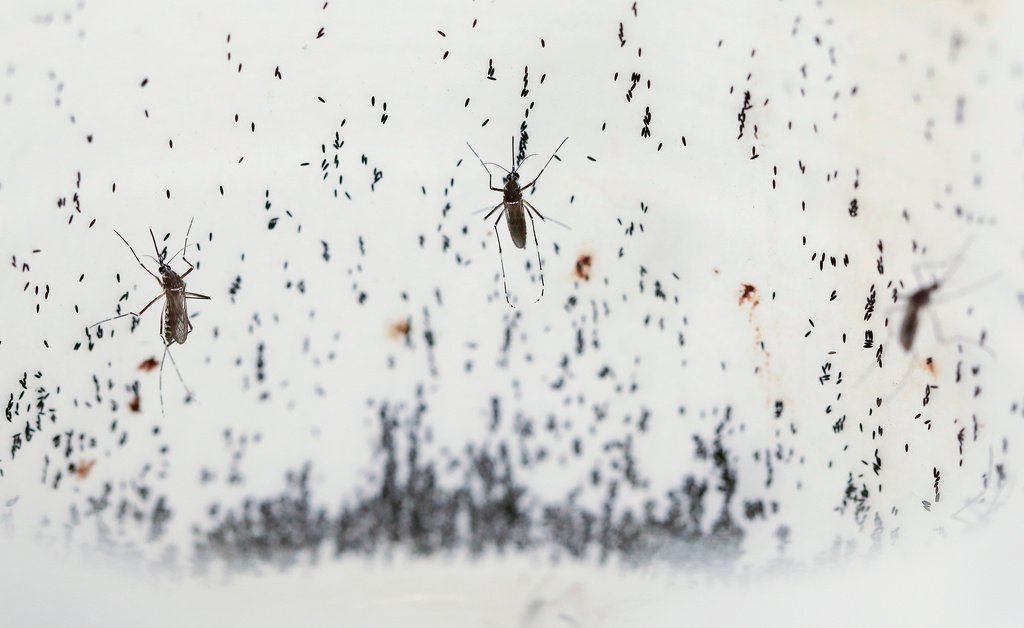Dengue (break-bone fever) is a viral infection that spreads from mosquitoes to humans.
On Saturday, the Ministry of Public Health (MoPH) advised the Qatar public to fend themselves against dengue fever caused by certain types of mosquitos.
As the Gulf State approaches the winter and wet season, MoPH stated that there could be an upsurge in mosquito breeding, leading to the chance of the dengue fever virus.
MoPH noted that dengue fever is generally not contagious and does not transmit from person to person through casual contact.
Dengue fever is a mosquito-borne illness in tropical and subtropical areas worldwide.
Symptoms may include high fever, headache, pain behind the eyes, body aches, nausea, and rash.
In unique cases, individuals can develop severe dengue and need medical treatment and, occasionally, hospital admission.
The Ministry of Public Health advises anyone experiencing these symptoms to visit their primary health center for necessary medical care.
The MoPH said that the public can lower their risk of dengue fever and other infections by reducing the risk of mosquito bites.
According to the World Health Organization (WHO), Most people who get dengue won’t have symptoms.
Dengue is treated with pain medicine as there is no specific treatment currently.
“Most people with dengue have mild or no symptoms and will get better in 1–2 weeks. Rarely, dengue can be severe and lead to death. If symptoms occur, they usually begin 4–10 days after infection and last for 2–7 days,” WHO states.
“After recovery, people who have had dengue may feel tired for several weeks,” WHO added.
Per reports, the Qatar ministry is continuing to monitor the situation of dengue fever in Qatar, and it is working closely with the Ministry of Municipality to control the spread of mosquitos.







